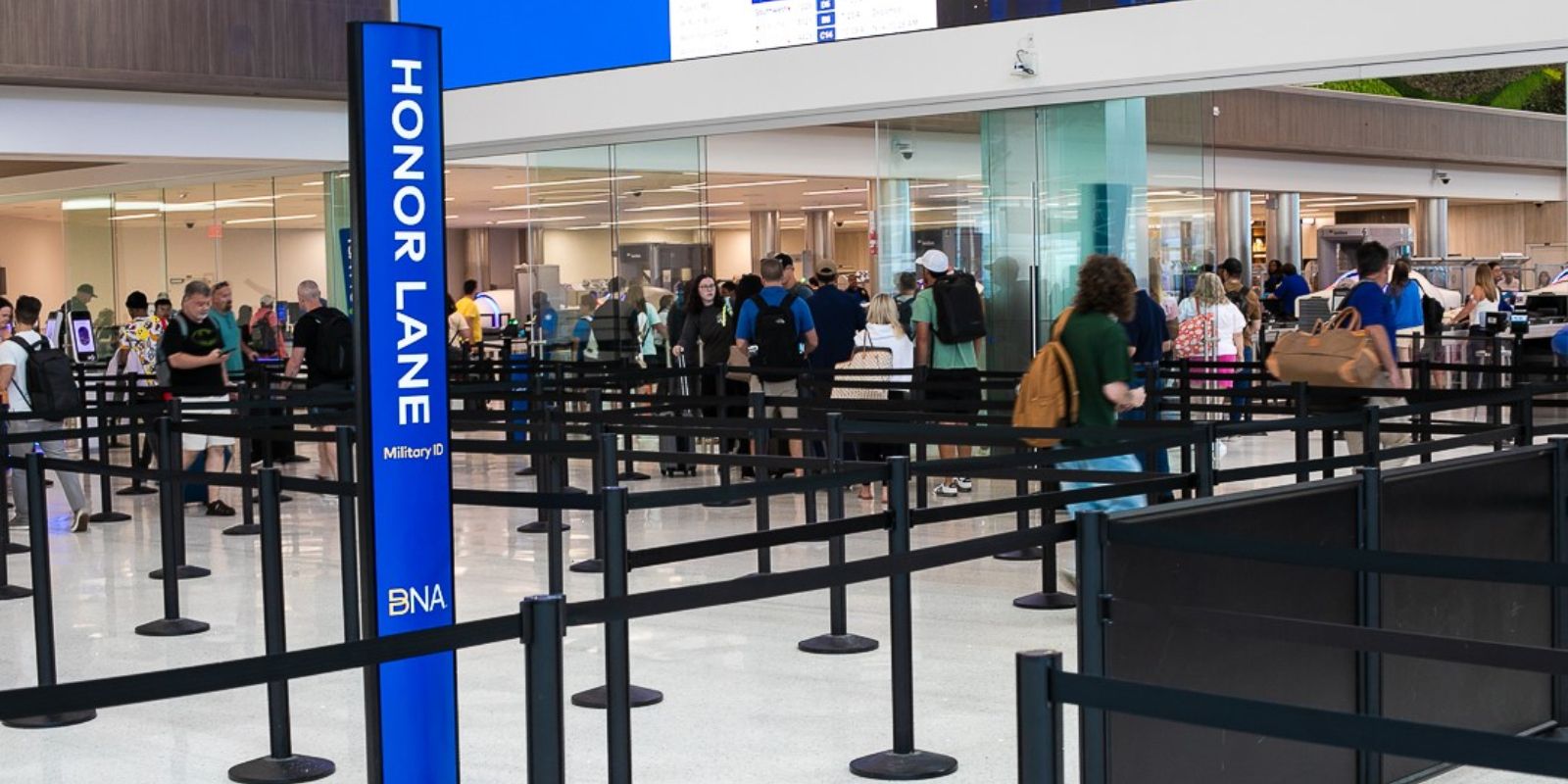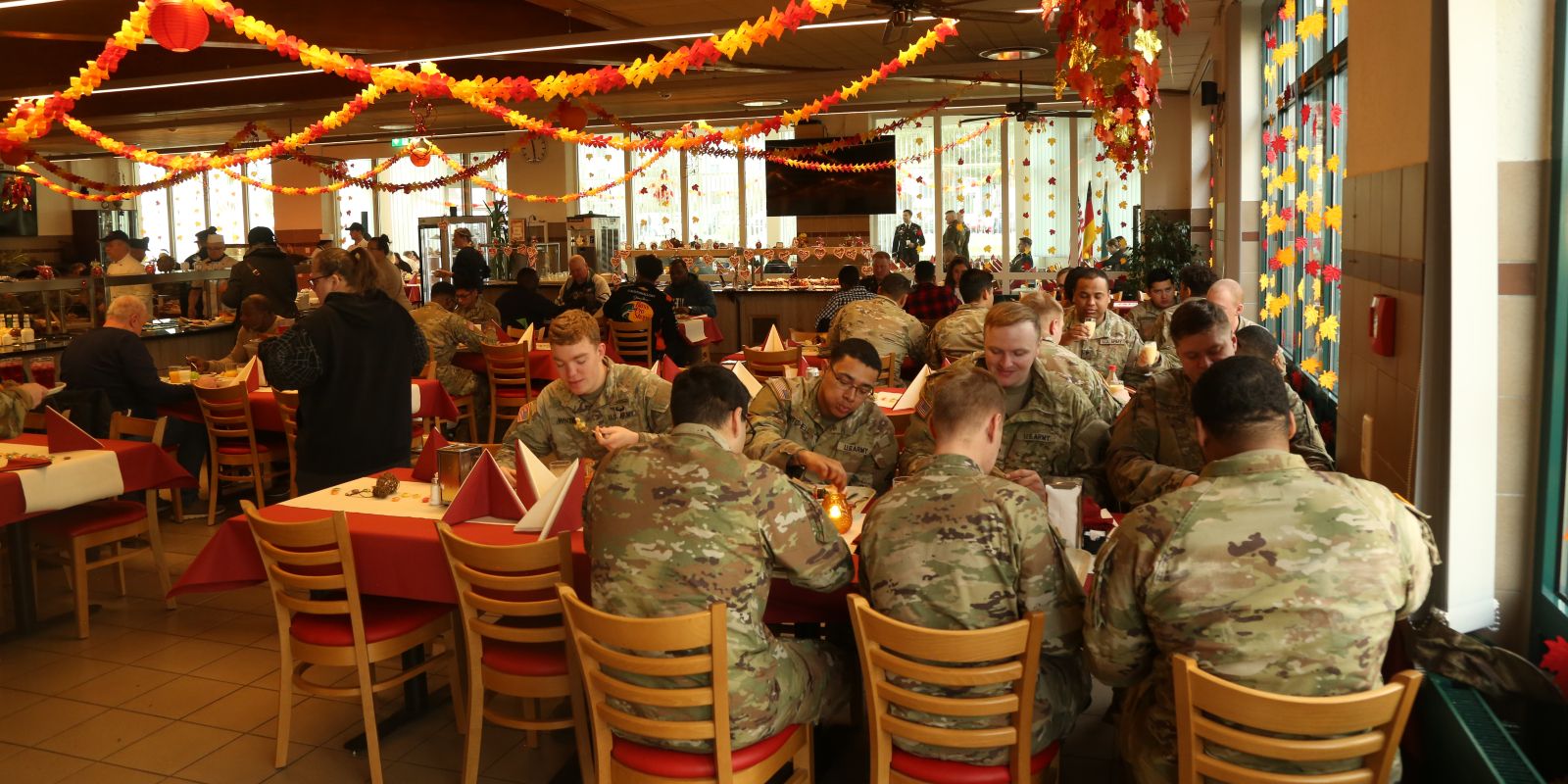GOVERNMENT SHUTDOWN DELAYS VA CHAPTER 35 BENEFITS PAYMENTS TO STUDENTS

ADVERTISEMENT
As the government shutdown moves into its second month, ripple effects are being felt across agencies that serve Veterans and their families. One of the hardest-hit groups is the dependents of disabled or deceased Veterans, many of whom rely on VA Chapter 35 education benefits—also known as the Survivors’ and Dependents’ Educational Assistance (DEA) program—to pay for college, trade school, and housing.
More than 75,000 students nationwide have had their monthly Chapter 35 payments delayed or stopped, not because the funding itself has been frozen, but due to a technical failure in the Department of Veterans Affairs’ new claims management system.
That system, implemented in August 2025, has caused widespread processing issues that require manual intervention. Unfortunately, the VA technicians who maintain and repair the system have been furloughed under the shutdown, leading to a backlog that grows each week.
Why Chapter 35 Payments Are Delayed
According to the VA, the new claims management software was meant to streamline benefit delivery and reduce manual work. Instead, the system introduced unforeseen technical errors that prevented payments from being processed automatically.
Normally, these issues would be fixed quickly. But with much of the VA’s IT and support workforce furloughed during the shutdown, even minor glitches are going unaddressed. Compounding the issue, the GI Bill hotline, which assists students with benefit-related problems, has been shut down for the duration of the funding lapse.
“VA deployed a new benefit delivery system in August and anticipated having the ability to pay staff overtime and deploy automation solutions as needed,” said VA Secretary Peter Kasperowicz. “The government shutdown deprived VA of these resources.”
The result: thousands of dependents are missing their monthly stipends, leaving them unable to pay tuition, rent, or housing costs on time.
Nobody Prepared You for Military Life
But we can help. Join over 100k spouses already getting the specific advice, resources, and military tea they need to thrive.
What Is VA Chapter 35?
The Survivors’ and Dependents’ Educational Assistance (DEA) program—commonly called Chapter 35—provides education and training benefits to eligible spouses and children of Veterans who are:
- Permanently and totally disabled due to service-connected conditions, or
- Deceased as a result of their military service.
The program offers up to 45 months of financial support for college, vocational programs, apprenticeships, or on-the-job training.
For the 2025–2026 academic year, monthly payment rates are:
- $1,574 for full-time students
- $912 for half-time students
Rates are slightly lower for on-the-job training and apprenticeship programs.
Children typically qualify between ages 18 and 26, while spouses may be eligible for longer, depending on circumstances.
“We’re Scrambling to Pay Rent”: The Human Impact
For many dependents, Chapter 35 payments are more than just tuition support—they cover living expenses and housing. With payments delayed for weeks, students are reporting financial strain and emotional stress.
“I’m using my Chapter 35 benefits to cover both rent and books,” said Emily Thompson, a 21-year-old student and daughter of a disabled Marine Corps veteran. “Now I’m two months behind and my landlord doesn’t care that it’s because of a VA system problem.”
Universities across the country are beginning to step in. At George Mason University, administrators issued a notice acknowledging the delay and reassuring students that the VA is “actively working on the problem.”
The notice also confirmed that the VA has recalled some furloughed employees—specifically those with claims-processing experience—to help reduce the backlog.
When Will Payments Resume?
VA officials say that payments could resume as early as late November or December 2025, depending on how long the government remains shut down. Once the backlog is cleared, the VA has promised that students will receive full retroactive payments for any missed months.
“Students with delayed Chapter 35 benefits will be paid in full as soon as possible,” said Kasperowicz.
Still, without a timeline for restoring the GI Bill hotline or bringing IT staff fully back to work, dependents continue to face uncertainty.
The current crisis is the result of two simultaneous problems:
- A new, unstable IT system at the VA that broke normal payment automation.
- A government shutdown that furloughed the staff needed to fix it.
The combination has left thousands of students stranded in bureaucratic limbo, despite funds technically being available.
“It’s not that the VA doesn’t have money,” said one senior education official familiar with the system. “It’s that no one’s there to push the buttons.”
ADVERTISEMENT
Universities Urge Patience, but Pressure Grows
Colleges and trade schools that serve large Veteran populations are urging patience while encouraging affected students to contact their financial aid offices for temporary assistance. Some schools are offering emergency stipends or deferred payment plans until the VA resumes normal operations.
However, advocacy groups are pressing Congress and the White House to prioritize restoring funding for Veterans’ services—even if broader budget negotiations continue to stall.
The VA Chapter 35 payment crisis highlights how deeply a federal shutdown can affect ordinary families—especially those tied to military service.
While VA officials promise back pay and system fixes, dependents of veterans are left struggling to afford education and housing in the meantime.
Until funding is restored and technicians return to work, thousands of students will remain caught between a software glitch and a shutdown—waiting for the benefits they’ve earned through their family’s service.
Suggested reads:

National Security Analyst
BY GEORGE RIEBLING
Air Force Veteran
George Riebling is a retired USAF Colonel with 26 years of distinguished service as an Air Battle Manager, including operational assignments across five command and control weapon systems. He holds a Bachelor of Journalism, Radio & Television from the University of Missouri. Following his military c...
Credentials
- Retired USAF Colonel, 26 Years Service
- Former NATO Senior Executive (10 years)
- Boeing Strategy and Business Development (2 years)
- Operational experience across 5 Command and Control weapon systems
Expertise



